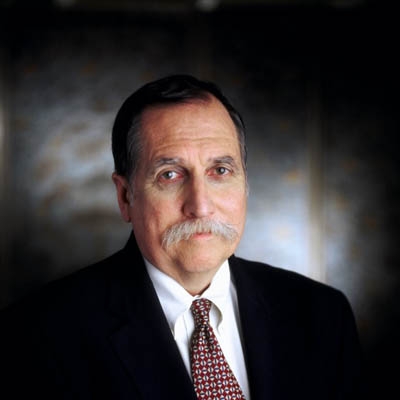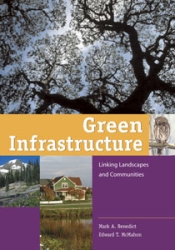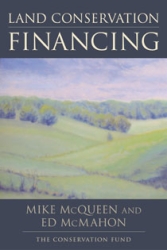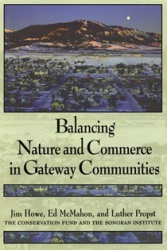
Edward T. McMahon
Ed McMahon is the Urban Land Institute/Charles Fraser Senior Resident Fellow for Sustainable Development. As the Senior Resident Fellow for Sustainable Development, McMahon’s responsibilities include leading ULI’s efforts to conduct research and educational activities related to green and sustainable development practices.
McMahon, a nationally renowned authority on sustainable development, land conservation and urban design, was formerly the Vice President and Director of land use programs at The Conservation Fund. McMahon is an attorney, community planner, lecturer, author and expert on the topics of sustainable development, land conservation, urban design and historic preservation.
Other recent books include Land Conservation Finance and Better Models for Commercial Development. He has organized successful efforts to acquire and protect urban parkland, wilderness areas and other conservation properties, and he has made numerous presentations on the topics of tourism, conservation, land use planning and historic preservation. McMahon is also the Cofounder and former President of Scenic America, a national non-profit organization devoted to protecting America’s scenic landscapes.
McMahon has an M.A. in Urban Studies from the University of Alabama and a J.D. from Georgetown University Law School, where he taught law and public policy from 1976-1985.



